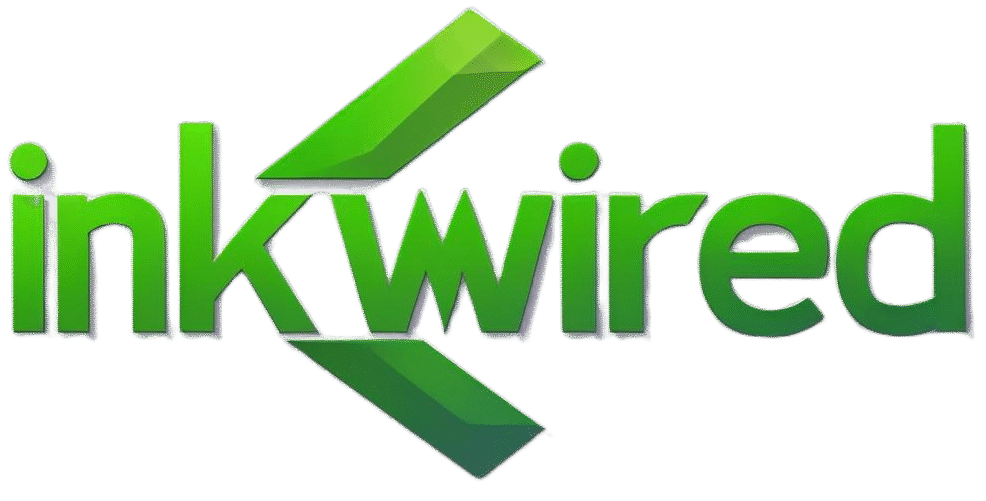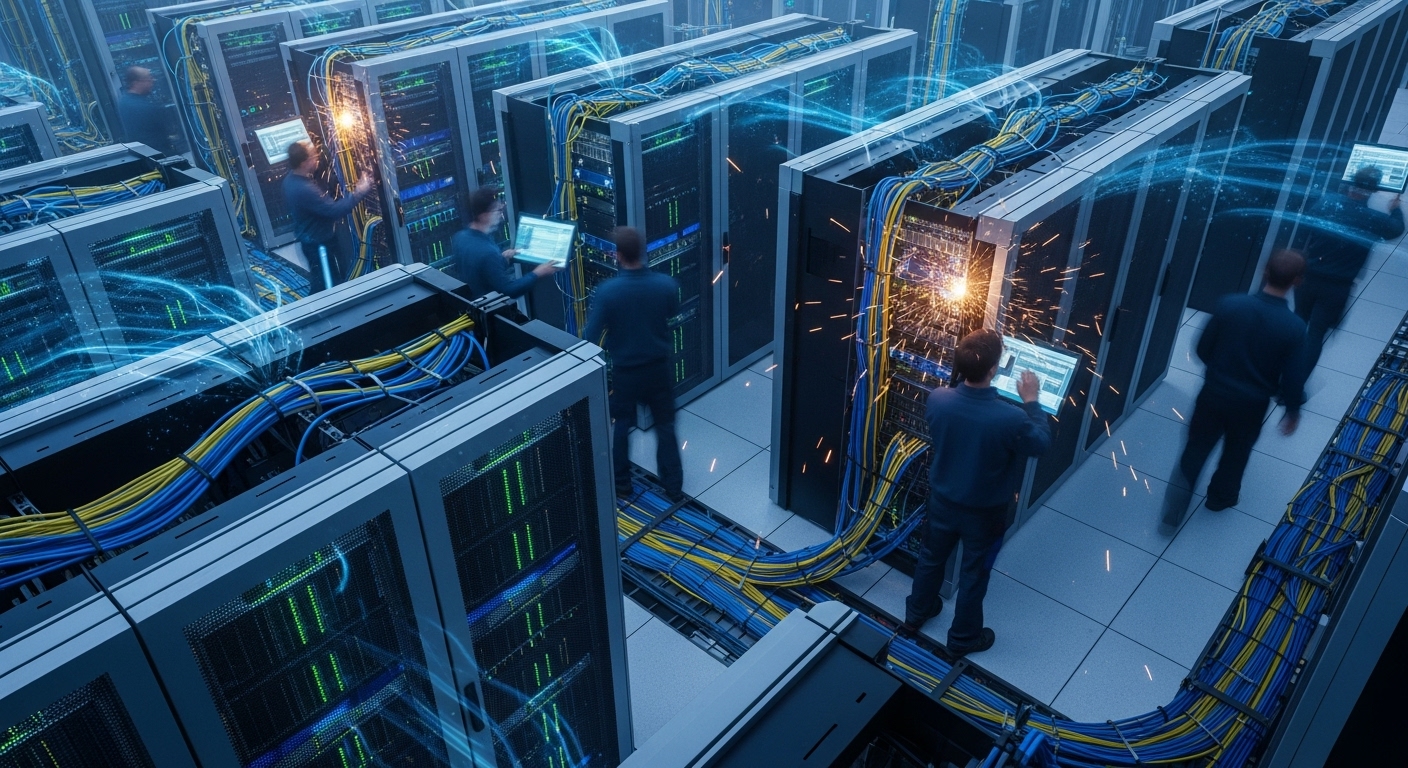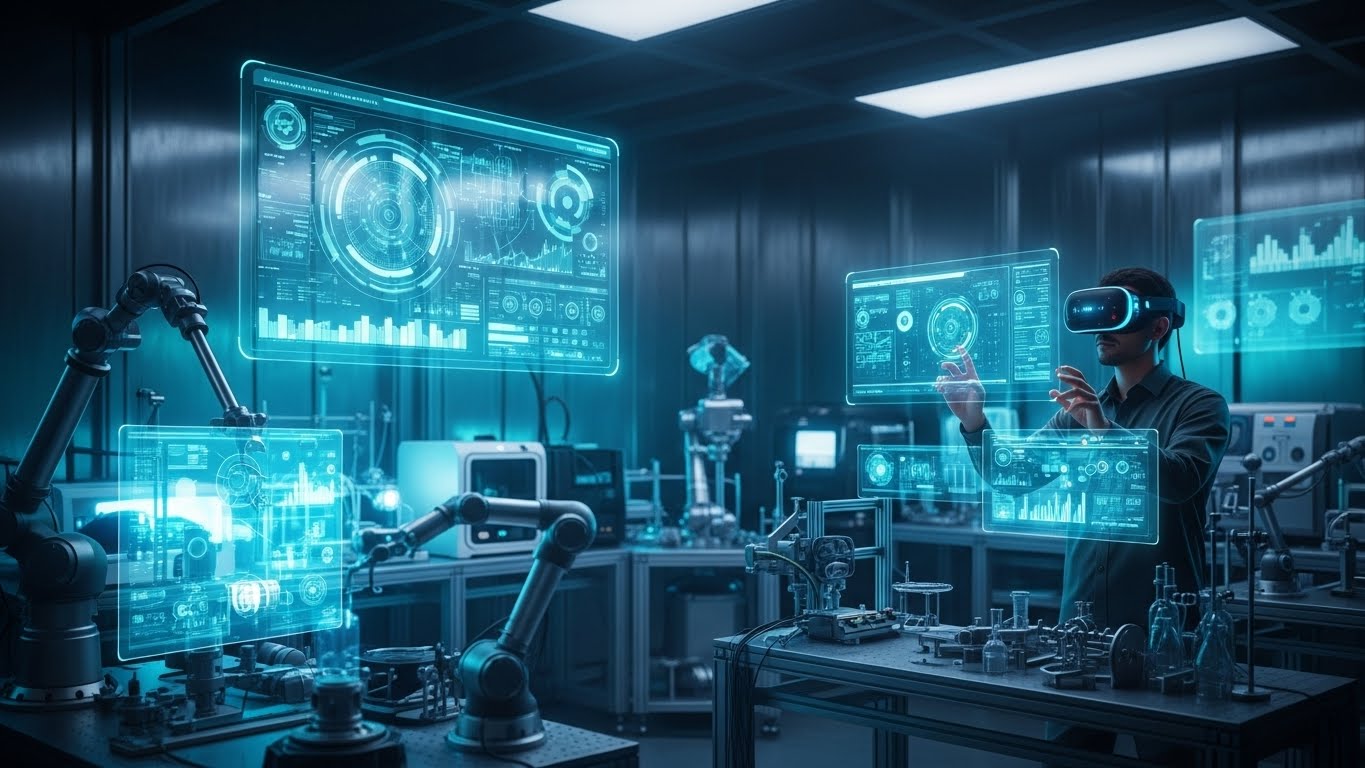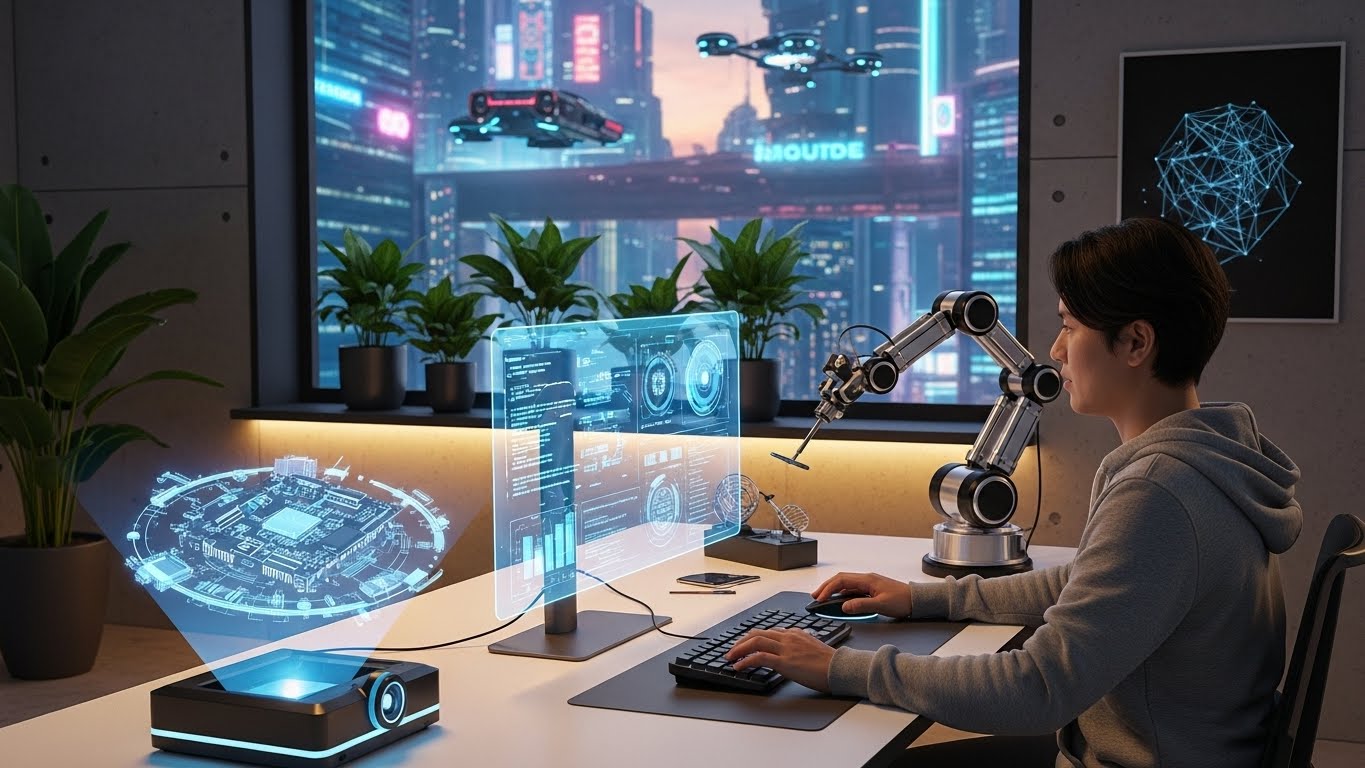Introduction
Technology is no longer just a tool; it is the foundation of modern life. From the devices we use daily to the systems that power entire industries, technology shapes how we communicate, work, and even think. Its rapid growth continues to redefine what is possible, creating new opportunities and challenges that impact every corner of society.
The Evolution of Technology
The journey of technology has been remarkable. What started with simple mechanical tools has now evolved into advanced digital systems, artificial intelligence, and smart devices. Each innovation builds upon the last, accelerating progress and opening doors to possibilities that were once considered science fiction. The pace of change demands adaptability and curiosity from everyone, from individuals to organizations.
Technology and Communication
Modern communication has been transformed by technology. Smartphones, instant messaging, and video calls allow people to connect across continents in real time. Social media platforms provide avenues for sharing ideas, experiences, and creativity. This interconnectedness has changed not only personal relationships but also the way businesses and communities interact, enabling collaboration on an unprecedented scale.
Artificial Intelligence and Automation
Artificial intelligence (AI) is redefining industries across the globe. AI systems can process vast amounts of data, recognize patterns, and make decisions faster than humans. Automation, powered by AI, streamlines repetitive tasks, increases efficiency, and reduces errors. From self-driving cars to smart assistants, AI is not just enhancing convenience—it is fundamentally transforming how we live and work.
Technology in Education
Education has benefited immensely from technological advancements. Digital classrooms, e-learning platforms, and interactive tools make learning more accessible and engaging. Students can now access resources from anywhere in the world, collaborate with peers, and learn at their own pace. Technology also enables teachers to tailor lessons to individual needs, making education more personalized and effective.
Healthcare Innovations
The healthcare industry is one of the most transformed by technology. Telemedicine, wearable devices, robotic surgeries, and AI-powered diagnostics have improved patient care and treatment outcomes. Technology enables faster decision-making, early detection of diseases, and better management of chronic conditions. It is not only saving lives but also enhancing the quality of life for millions worldwide.
The Future of Work
The workplace is evolving rapidly due to technological advancements. Automation and digital tools allow employees to focus on creativity and strategic thinking rather than repetitive tasks. Remote work, powered by cloud computing and collaboration software, has become a standard practice. As technology continues to evolve, workers will need to continuously upgrade their skills to stay relevant in an increasingly digital world.
Challenges and Ethical Considerations
While technology brings immense benefits, it also poses challenges. Privacy concerns, cybersecurity threats, and ethical dilemmas surrounding AI are pressing issues. Responsible use of technology is essential to ensure that it serves humanity positively. Balancing innovation with ethical responsibility will be key to building a sustainable digital future.
Conclusion
Technology is the driving force behind modern society, shaping the way we live, work, and interact. Its power lies not just in innovation but in how we choose to apply it responsibly. By embracing technology thoughtfully, we can unlock a future filled with opportunity, efficiency, and connectivity, ensuring that the digital revolution benefits everyone.



